301930
2,2-Bis(bromomethyl)-1,3-propanediol
98%
Synonym(s):
1,3-Dibromo-2,2-bis(hydroxymethyl)propane, Dibromoneopentyl glycol, Pentaerythritol dibromide, Pentaerythritol dibromohydrin
About This Item
Recommended Products
vapor pressure
10 mmHg ( 178 °C)
Assay
98%
form
solid
mp
112-114 °C (lit.)
SMILES string
OCC(CO)(CBr)CBr
InChI
1S/C5H10Br2O2/c6-1-5(2-7,3-8)4-9/h8-9H,1-4H2
InChI key
CHUGKEQJSLOLHL-UHFFFAOYSA-N
Signal Word
Danger
Hazard Statements
Precautionary Statements
Hazard Classifications
Carc. 1B - Muta. 1B
Storage Class Code
6.1C - Combustible acute toxic Cat.3 / toxic compounds or compounds which causing chronic effects
WGK
WGK 2
Personal Protective Equipment
Certificates of Analysis (COA)
Search for Certificates of Analysis (COA) by entering the products Lot/Batch Number. Lot and Batch Numbers can be found on a product’s label following the words ‘Lot’ or ‘Batch’.
Already Own This Product?
Find documentation for the products that you have recently purchased in the Document Library.
Customers Also Viewed
Our team of scientists has experience in all areas of research including Life Science, Material Science, Chemical Synthesis, Chromatography, Analytical and many others.
Contact Technical Service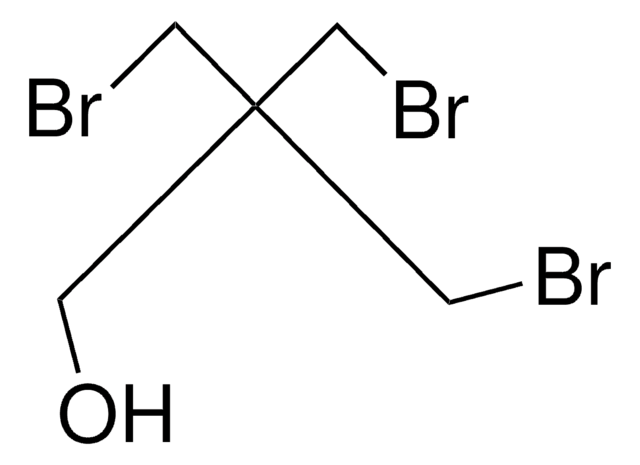
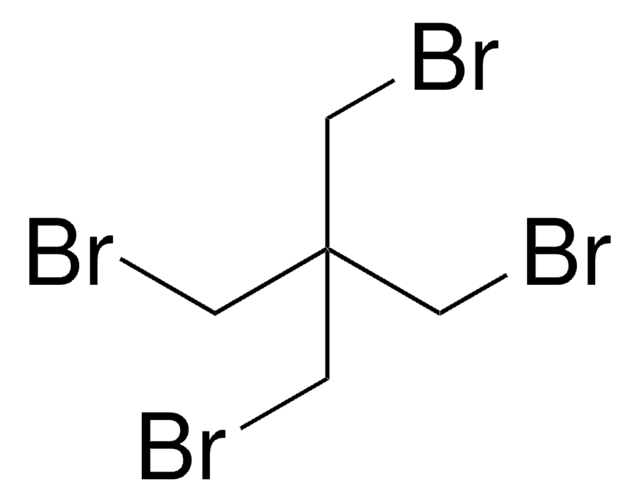





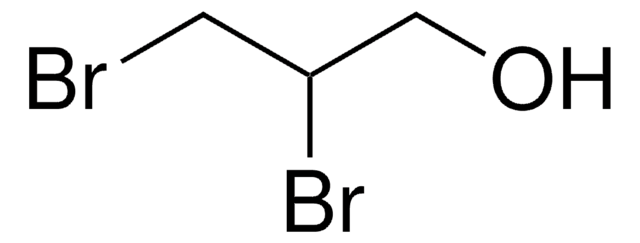



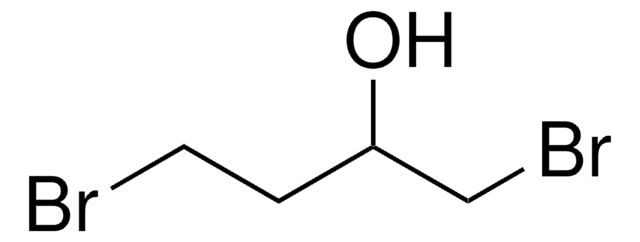
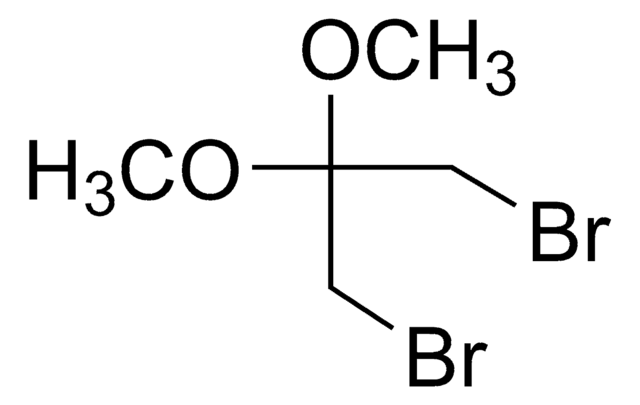



![2,6-Dioxaspiro[3.3]heptane AldrichCPR](/deepweb/assets/sigmaaldrich/product/structures/428/171/1e048697-9c24-4dce-9a61-3b0d27443506/640/1e048697-9c24-4dce-9a61-3b0d27443506.png)